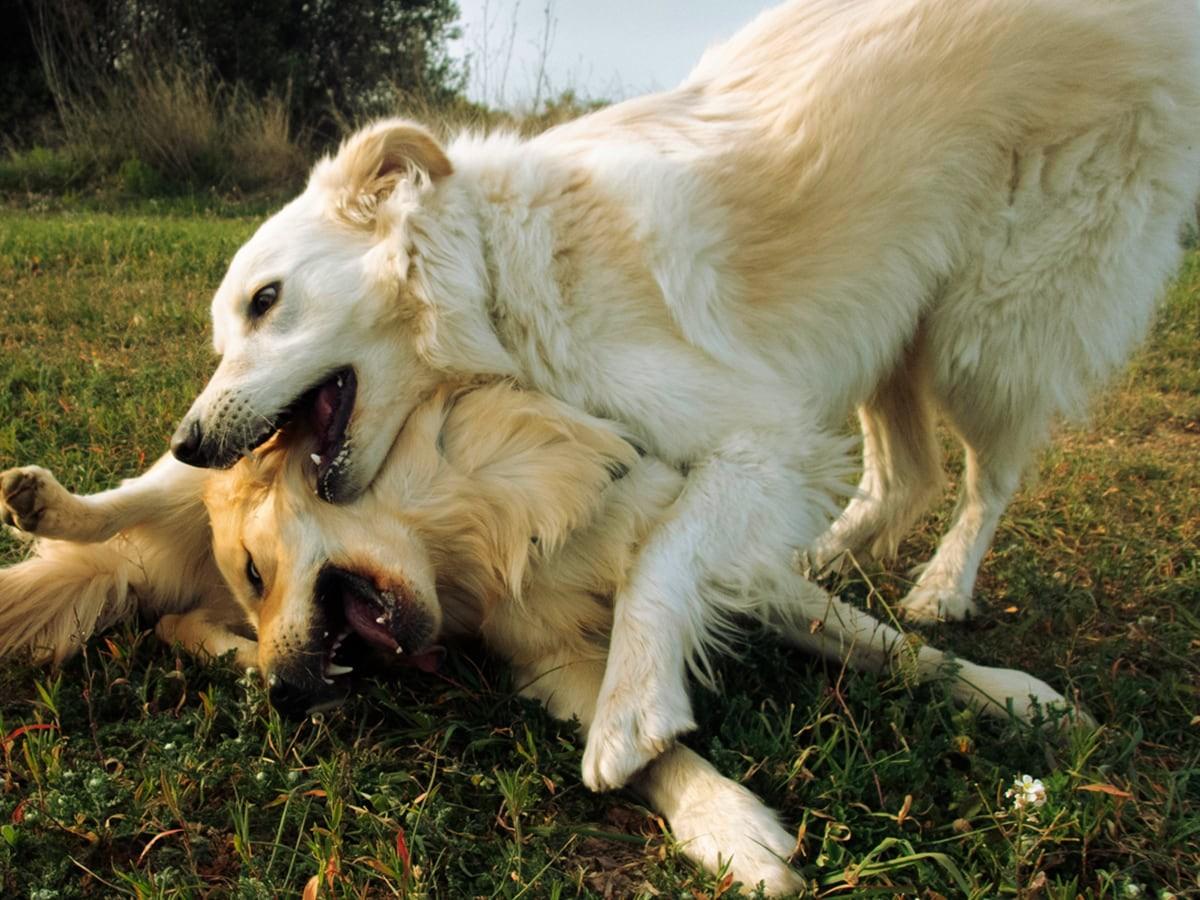The world has now marked one full year of back-to-back monthly heat records, the European Union's Copernicus Climate Change Service announced on Wednesday. It said last month was the hottest May in recorded history — the 12th consecutive month in which the monthly high-temperature record was broken. (1)
We humans are not the only ones facing the grunt of this. Our canine buddies get affected too. This may not be the only reason, but it has surely increased the number of heatstrokes in dogs, though.
A heatstroke in dogs occurs when their body temperature crosses 106oF. Excessive exposure to environmental heat is one of the leading causes of this. If this level crosses 107oF, you may start seeing organ failure and eventually death. Being such a severe medical condition in dogs, we need to learn the causes, signs, and treatments for it.
Heat Exhaustion in Dogs
Heat exhaustion in dogs is usually when the effects of overheating are moderate. It starts with heat stress when the signs are the mildest. Prolonged effects can cause heat exhaustion and then heat stroke. It usually starts because of a combination of reasons like high temperatures outside, excess physical exercise, and/or underlying medical conditions.
If your dog ends up spending a lot of time outdoors doing physical exercise, especially if it is not used to prolonged hours outdoors, it can lead to heat stress. Some dog breeds like Labs, golden retrievers, springer spaniels, and pit bulls tend to push themselves harder than their capacity to please their owners.
Breed - Certain dog breeds are more prone to heating than others because of their size and composition. Brachycephalic breeds, like French bulldogs, pugs, English bulldogs, Pekingese, etc. for example, face challenges while panting because of their short muzzles and smushed faces. This may make cooling down difficult, causing heat stress for them in case of excessive workouts and outdoor time when the temperatures are high.
Medical Conditions - Dogs with breathing issues face the same challenges as Brachycephalic breeds. Obese dogs also find it difficult to cool themselves off in case of an increased body temperature.
Age - Very young pups and elder dogs find it difficult to regulate their body temperatures as well.
Hot climate/environment - This can be a dog trapped in a car or taken outdoors for a long time without frequent breaks in the shade. Dogs that are being transported in the cargo hold of an airplane can also go through this.
Coat type - While dogs with a thick double coat can endure cold temperatures better, it becomes the exact opposite when they must face hot temperatures. This increases the chances of a heat stroke in such breeds.
Signs of Overheating in Dogs
It can be difficult to determine overheating in dogs at times, as the signs as usually subtle in the beginning. Here are a few signs to look out for:
Heavy panting
Restlessness
Frequent stopping and lying down during a walk
Excessive water drinking
Labored breathing
Excessive drooling
Vomiting
Diarrhea
Your dog might even collapse if they get too exhausted from the heat. It is hence important to know the immediate to-dos when you see any of the above signs in your dog.
Heat Stroke Treatment in Dogs
Irrespective of whether your dog is experiencing heat stress, hyperthermia, or heatstroke, it is important to seek help from a vet right away. A safe and controlled reduction of the dog’s body temperature is crucial. What you could do at home if you notice such signs is – (2)
Pour some cool water on your dog’s head, stomach, armpits, and feet. Do not use cold water or ice.
Rub your pup with a damp cloth and point a fan towards them.
Offer a bowl of water to drink. Again, avoid cold water. And do not force the dog to drink the water.
These measures should help bring the temperature of the dog’s body down. However, you may want to seek professional help in case there is an underlying medical condition causing this. The vet may use other rehydration measures and supporting care, including IV fluids, oxygen support, etc. He/she may also use some protective measures for the kidneys, brain, liver, and/or the digestive tract.
FAQs
How hot is too hot to walk my dog?
This completely depends on the breed, as each breed comes with a different coat type that suits its lifestyle. As a general rule, though, a temperature up to 68oF (19oC) is considered safe and anything above 77oF (25oC) is considered very risky for walking your dog.
When is it too cold to walk my dog?
Anything below 20oF (-6.6oC) is also considered to be risky for most dogs. Breeds like the Siberian Husky can withstand a temperature of -60oF as well.

Creative manager by day, pet enthusiast all the time! After 19 years with my dog (hopefully he wins the award for oldest pet in the world), I enjoy spending my days brainstorming tail-wagging content, and sniffing out the latest trends in the pet world.
Cohen, L. (2024, June 6). World hits 12 straight months of record-high temperatures — but as warming continues, it’ll be “remembered as comparatively cold.” CBS News. https://www.cbsnews.com/news/record-high-temperatures-12-straight-months/
Heat stroke in dogs | VCA Animal Hospital | VCA Animal Hospitals. (n.d.). Vca. https://vcahospitals.com/know-your-pet/heat-stroke-in-dogs
Fox, A. (2023, May 19). Heat exhaustion in dogs. The Spruce Pets. https://www.thesprucepets.com/heat-exhaustion-in-dogs-7495614












